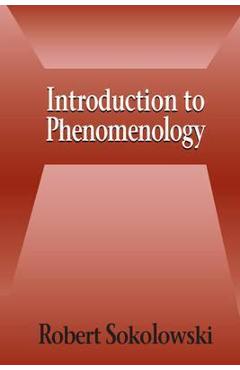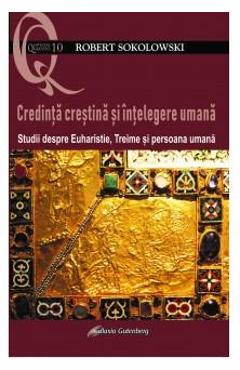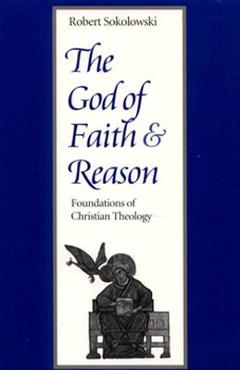Introduction to Phenomenology - Robert Sokolowski

Detalii Introduction to Phenomenology - Robert
libris.ro
195.3 Lei
217 Lei
Philosophy
Robert Sokolowski
Introduction to Phenomenology - Robert - Disponibil la libris.ro
Pe YEO găsești Introduction to Phenomenology - Robert de la Robert Sokolowski, în categoria Philosophy.
Indiferent de nevoile tale, Introduction to Phenomenology - Robert Sokolowski din categoria Philosophy îți poate aduce un echilibru perfect între calitate și preț, cu avantaje practice și moderne.
Preț: 195.3 Lei
Caracteristicile produsului Introduction to Phenomenology - Robert
- Brand: Robert Sokolowski
- Categoria: Philosophy
- Magazin: libris.ro
- Ultima actualizare: 28-10-2025 01:22:05
Comandă Introduction to Phenomenology - Robert Online, Simplu și Rapid
Prin intermediul platformei YEO, poți comanda Introduction to Phenomenology - Robert de la libris.ro rapid și în siguranță. Bucură-te de o experiență de cumpărături online optimizată și descoperă cele mai bune oferte actualizate constant.
Descriere magazin:
This book presents the major philosophical doctrines of phenomenology in a clear, lively style with an abundance of examples. The book examines such phenomena as perception, pictures, imagination, memory, language, and reference, and shows how human thinking arises from experience. It also studies personal identity as established through time and discusses the nature of philosophy. In addition to providing a new interpretation of the correspondence theory of truth, the author also explains how phenomenology differs from both modern and postmodern forms of thinking.

Produse asemănătoare
Produse marca Robert Sokolowski

Credinta crestina si intelegere umana - Robert Sokolowski
![]() libris.ro
libris.ro
Actualizat in 27/10/2025
31.72 Lei

The God of Faith and Reason Foundations of Christian Theology - Robert Sokolowski
![]() libris.ro
libris.ro
Actualizat in 30/04/2024
183.14 Lei


